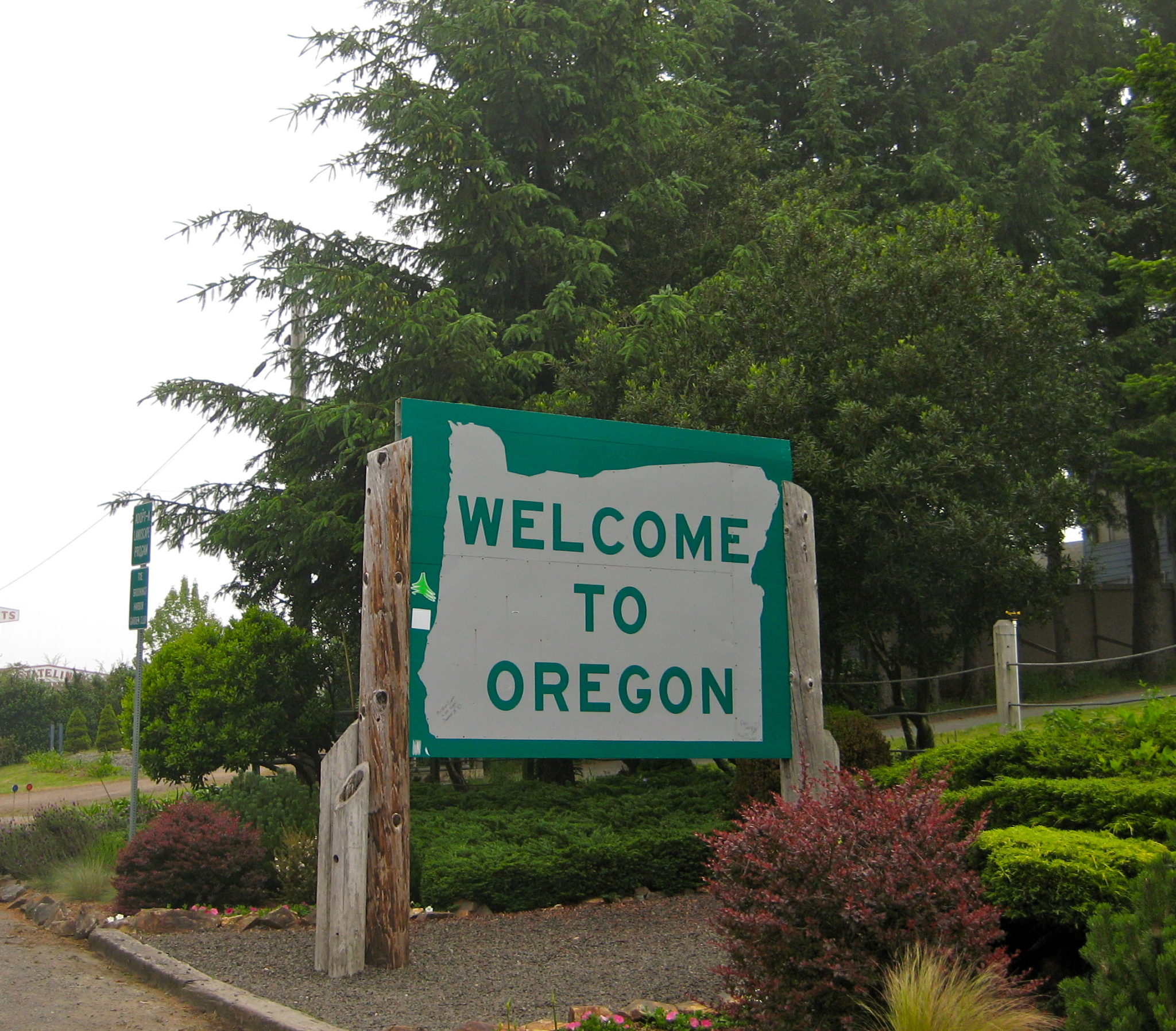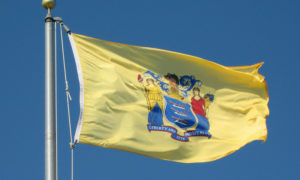Last week, the 2017 Oregon legislative session came to an end and it wound up basically how we thought it would. During the five-month term, the Oregon legislature passed a raft of cannabis bills related to medical marijuana, adult use pot, and industrial hemp. In addition to the new laws (which I’ll get to in a minute), this session was notable for the dissolution of the aptly named Joint Committee on Marijuana Regulation. The Joint Committee was created over two years ago for the express purpose of implementing Oregon’s Measure 91. Now that the Joint Committee has dissolved, you can expect to see fewer bills on cannabis going forward: most of the work to shape legislation and public policy is done in committee.
With no more Joint Committee and only a short legislative session to look forward to in 2018, industry players can only prepare for what probably feels like water torture at this point: the seemingly never-ending treacle of administrative rule-making by the Oregon Liquor Control Commission (adult use / recreational, and now medical marijuana); Oregon Health Authority (strictly medical marijuana) and Oregon Department of Agriculture (industrial hemp). Each of these agencies will make rules to implement and interpret Oregon’s revised cannabis statutes, as summarized below.
Senate Bill 1057. This was the big one, which, among other things: (1) requires medical growers use the METRC tracking system; (2) establishes immature plant limits for medical growers; (3) allows OLCC licensees to declare themselves as exclusively medical cannabis growers; and (4) assigns all cannabis labeling operations to OLCC. For a full list of the SB 1057 provisions and our take on their impact go here.
Senate Bill 56. Because the immature plant limitation in Senate Bill 1057 had many people freaked out, especially medical growers in transition to OLCC, the legislature quickly scrambled to pass SB 56, which suspends the immature plant limitation for a premises at which an OLCC application was pending as of June 23, 2017. This one seemed to make sense to everyone. The new law also allows for limited cannabis processing by small, licensed OLCC producers (<5,000 square feet of canopy; water or mechanical extraction only) and provides for the immediate suspension of any marijuana license for diversion of product to the illegal market.
Senate Bill 302. This bill removes provisions related to marijuana offenses from the state Uniform Controlled Substances Act. It also removes and/or reduces various criminal penalties related to marijuana crimes by unlicensed operators. The thrust of this bill was to treat marijuana crimes more like alcohol crimes, and it achieves that purpose. Because penalties for marijuana offenses were scattered throughout the Oregon statutes, this one has an enormous amount of tedious, conforming amendments, to something like 125 statutes.
Senate Bill 303. This law is similar in nature to SB 302. It amends, clarifies, and reconciles statutes related to minors possessing and purchasing both cannabis and alcohol. Generally speaking, it should have little effect on the cannabis industry.
Senate Bill 863. This one concerns consumer privacy, and it serves as a further attempt by Oregon to shield its citizens’ information from the federal government. The new law prohibits marijuana retailers from recording, retaining and transferring “information that may be used to identify a consumer.” This bill was short, sweet and non-controversial.
Senate Bill 1015. This new law provides that industrial hemp growers may transfer hemp to OLCC licensed processors. Similarly, industrial hemp handlers may transfer both hemp concentrates and extracts to processors. Expect a fee and some forms.
House Bill 2197. This is a neat bill that passed toward the end of the session. It allows the Oregon Department of Revenue to enter into agreements with the governing body of federally recognized Indian tribes (read: The Confederated Tribes of Warm Springs). Under those agreements, the State of Oregon would make rebate payments to the tribes for the estimated tax on marijuana items sold by tribes. Let’s wish the Warm Springs tribe luck.
House Bill 2198. HB 2198 is the only bill on this list that is not yet a law. It currently sits on Governor Brown’s desk for review, and we expect she will sign it. If she does, the bill would establish an Oregon Cannabis Commission, to report back to the legislature on the status and condition of the Oregon Medical Marijuana Program (which the legislature keeps curtailing). The idea here is to find a way to help medical marijuana patients who might otherwise be left behind. Among other things, this bill contains the controversial “20 pound amendment” which would allow designated Oregon medical marijuana growers to sell up to 20 pounds of excess flower annually into the OLCC market. It also makes changes to miscellaneous items, like the buffer rule related to schools and cannabis dispensaries.
Link – Canna Law Blog





































